chucketn
Senior Citizen
???
I received my large order of end mills from Richon Tools today. I purchased pairs of cutters, from 1/16 to 5/8, 2 and 4 flute, and some metric ball end mills. They came in individual plastic tubes, wrapped in a plastic bag, inside a very tough plastic outer bag.
I opened a few for a look. I was surprised to find several had what appear to be chips in the end cutting edge. At first I thought they were just the profile where the flutes met the cutting edge, but not all of them have this chip. Is this normal? I really dont want to use them if they are damaged/defective.
Also, to preclude abuse of my new tools, does anyone have or know of a spreadsheet for determining feeds and speeds based on mill cutter diameter? Is there a simple formula that I can put into Excel that would give me a starting RPM, based on cutter diameter and material such as steel, aluminum, or brass?
Chuck in E. TN
I received my large order of end mills from Richon Tools today. I purchased pairs of cutters, from 1/16 to 5/8, 2 and 4 flute, and some metric ball end mills. They came in individual plastic tubes, wrapped in a plastic bag, inside a very tough plastic outer bag.
I opened a few for a look. I was surprised to find several had what appear to be chips in the end cutting edge. At first I thought they were just the profile where the flutes met the cutting edge, but not all of them have this chip. Is this normal? I really dont want to use them if they are damaged/defective.
Also, to preclude abuse of my new tools, does anyone have or know of a spreadsheet for determining feeds and speeds based on mill cutter diameter? Is there a simple formula that I can put into Excel that would give me a starting RPM, based on cutter diameter and material such as steel, aluminum, or brass?
Chuck in E. TN









![DreamPlan Home Design and Landscaping Software Free for Windows [PC Download]](https://m.media-amazon.com/images/I/51kvZH2dVLL._SL500_.jpg)









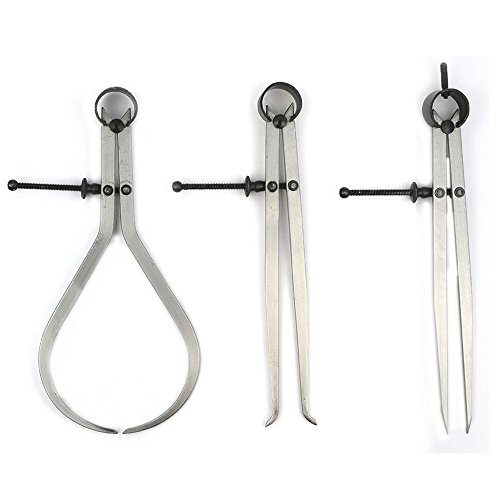





![TurboCAD 2020 Designer [PC Download]](https://m.media-amazon.com/images/I/51UKfAHH1LL._SL500_.jpg)










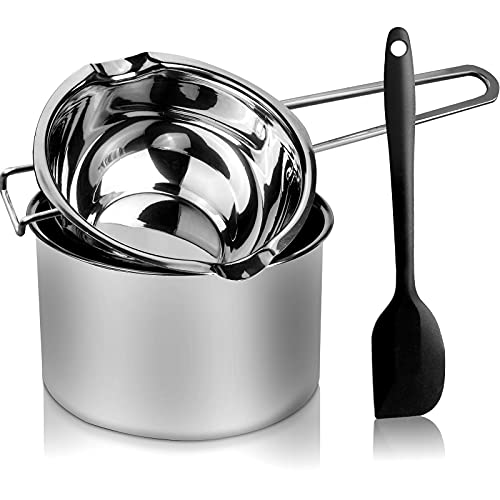





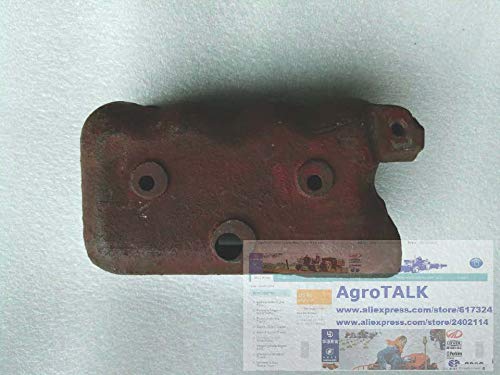
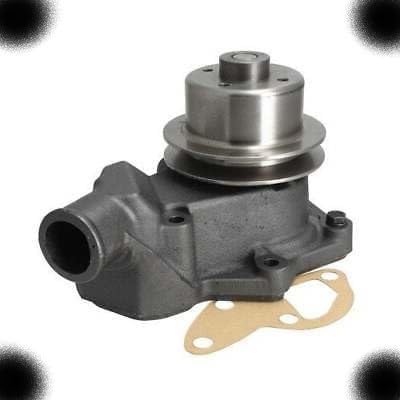


















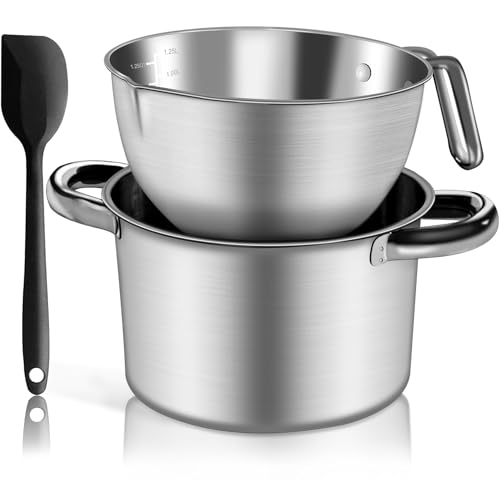





![MeshMagic 3D Free 3D Modeling Software [Download]](https://m.media-amazon.com/images/I/B1U+p8ewjGS._SL500_.png)
